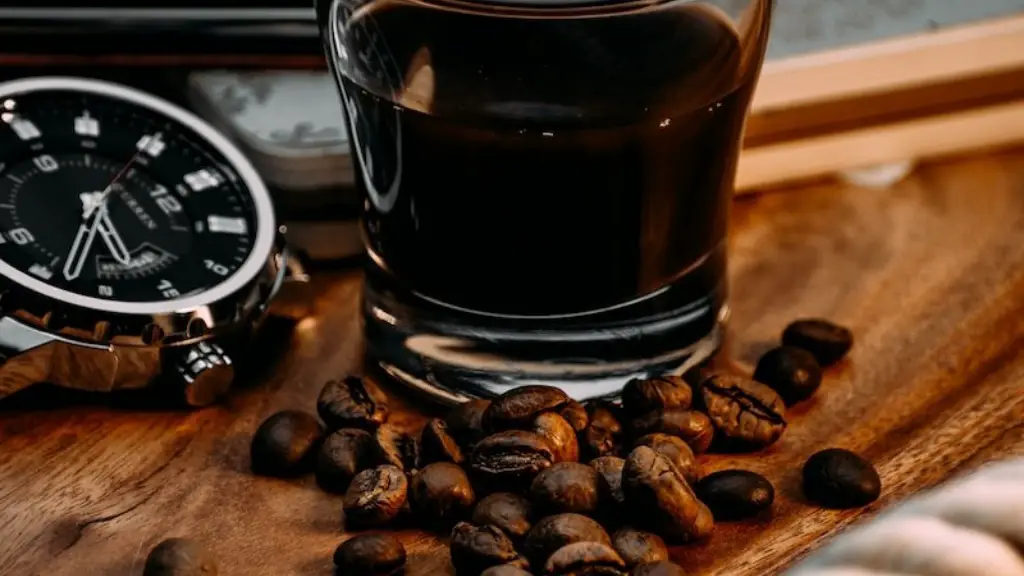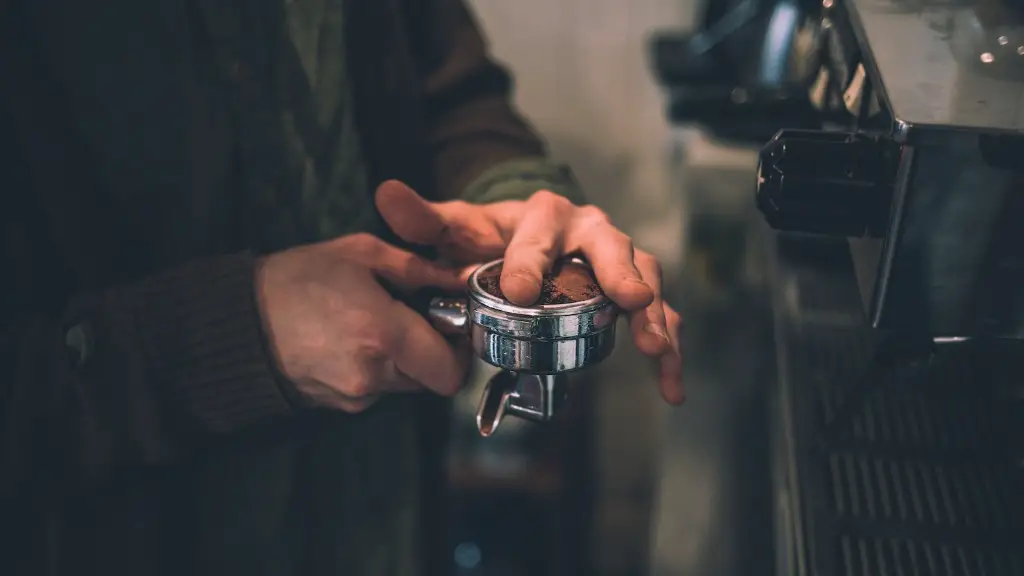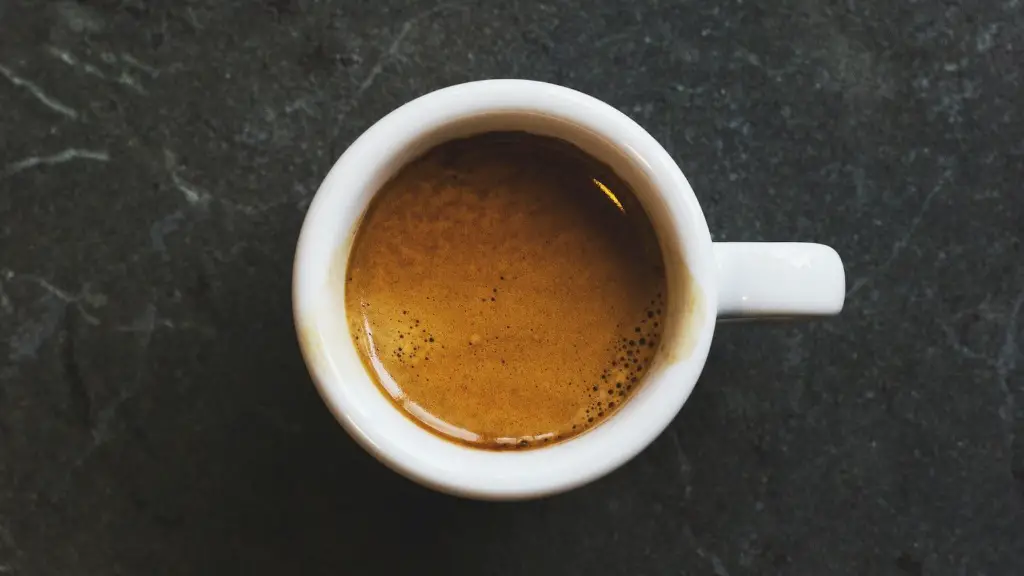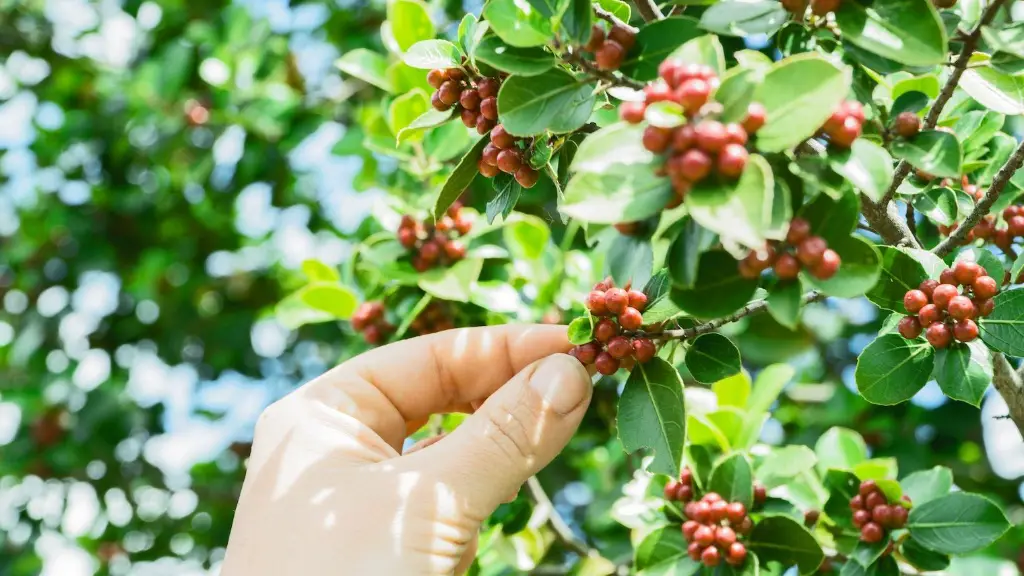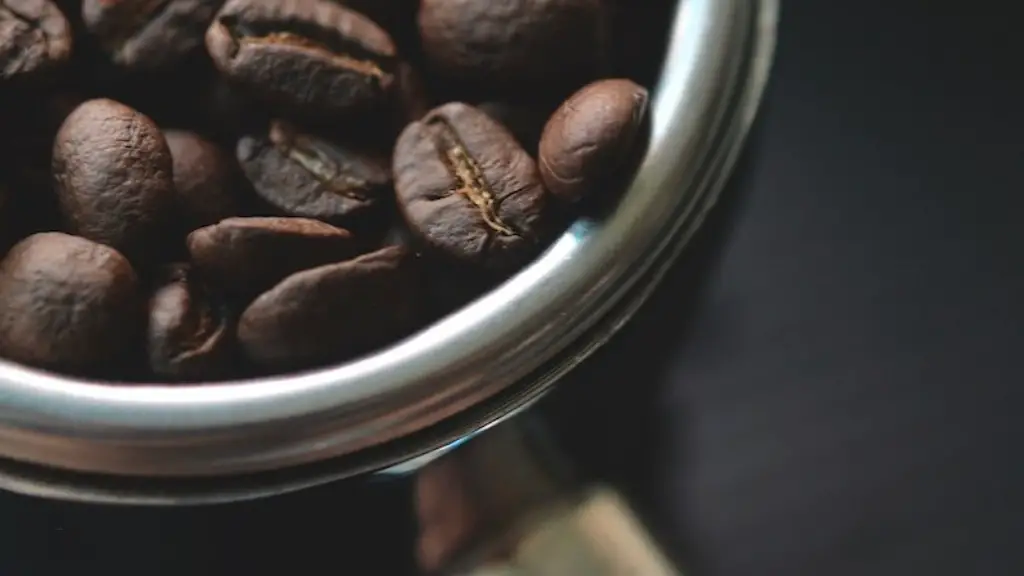Tea Instead of Coffee for Caffeine
When most people think of caffeine, coffee often comes to mind first. But for those wanting to cut back on coffee, or for people who simply don’t like coffee, finding caffeine-containing alternatives can be a challenge. Fortunately, there are a few great options. Tea is the classic standby, and tea-derived beverages like matcha can provide you with a substantial caffeine source when you want to cut down on coffee.
Tea has been around for centuries and, in many cultures, has been the beverage of choice for a caffeine boost. It has a lower caffeine content than coffee, but many consider its effects to have better reach, digestion and smoothness. It also may have some additional health benefits. For instance, many studies have found that tea’s antioxidants may reduce cell damage, improve heart health and even help prevent cancer.
Though the exact caffeine content of tea varies, depending on the type and brewing time, it typically stands at about 40 milligrams per cup, as compared to coffee’s 95 to 165 milligrams per cup. For those who don’t like coffee’s taste but want a comparable amount of caffeine, matcha may be the answer. Matcha is a tea made from finely ground green tea leaves and is said to originate in China. Technically, matcha and other tea-derived beverages like chai contain the same amount of caffeine as plain tea, but they also contain various pre-caned-for vitamins, minerals, and antioxidants.
In comparison to coffee, matcha is much easier to consume in its powdered form. A classic cup of matcha not only provides you with caffeine but also with a milder, more pleasant taste than coffee. Moreover, studies have suggested that matcha contains about 17 times more antioxidants than the equivalent amount of green tea. One study even showed that matcha can improve fat burning by 17 percent, as compared to 8 percent from drinking green tea.
Matcha, like other teas, also contains some antifree radicals, which can fight cell damage, reduce inflammation and may even help fight bad cholesterol levels. Moreover, unlike coffee, which is linked to higher cholesterol, matcha is said to reduce cholesterol. Additionally, some studies have even suggested that matcha may reduce heart disease risk, although more research is needed to verify this.
When compared to coffee, matcha has one unique advantage – it can be consumed in a variety of ways. It can be brewed as a traditional tea or a smoothie, or used as an ingredient in recipes. In either case, it provides a caffeine boost that is smoother, less acidic and gentler on the stomach than coffee. In terms of taste as well, matcha is often more delicately powerful than coffee and might be more appropriate for those whose palates don’t enjoy the bitterness of coffee.
Caffeinated Drinks & Beverages Alternative to Coffee
Caffeinated drinks and beverages can provide a great alternative to coffee for those who want a caffeine boost without the harsher taste of coffee. From energy drinks and iced teas to sodas and juices, there are many options for those who don’t have access to or don’t like coffee.
Energy drinks typically contain high amounts of caffeine, usually in the range of 80-200 milligrams per serving. While this can be beneficial for those wanting a quick energy boost, the amount of caffeine they contain can become a concern. For moderate energy boosts, caffeine-containing iced teas and juices can be beneficial, providing around 15-35 milligrams per cup.
In addition to energy drinks and teas, some sodas and juices are popular caffeine sources. Many sodas, including colas, ginger ales, and root beers, contain around 35 milligrams of caffeine each. Orange and cranberry juices, on the other hand, typically contain 10-15 milligrams per cup.
Alternative sources of caffeine can be great for those who cannot have or don’t like coffee. While it’s important to consider the health risks associated with certain caffeine sources, such as energy drinks, drinking them in moderation can provide a beneficial energy boost. It is important to note, however, that soda and juices do not provide any nutritional benefits other than the caffeine.
As with anything, moderation is key when looking for alternatives to coffee for caffeine. Choosing the right caffeinated beverage for you should depend on your health needs, preference and lifestyle. Knowing the amount of caffeine in drinks can help you in making this decision.
Caffeinated Alternatives to Coffee: Teas & Nutraceuticals
For those seeking a more healthful alternative to coffee, caffeinated teas and nutraceuticals can be an attractive option. Both of these options provide a moderate amount of caffeine, usually in the range of 20-65 milligrams per cup, with some brands providing even lower levels. Caffeinated teas come in a variety of flavors and can be brewed in a variety of ways to provide a range of flavors and caffeine levels.
In addition to teas, nutraceuticals are another popular option for those looking for alternatives to coffee. Nutraceuticals are dietary supplements containing caffeine, vitamins, probiotics and other beneficial ingredients that can help boost energy, reduce fatigue and improve mental clarity. Nutraceuticals generally provide small amounts of caffeine, usually 10-50 milligrams per serving, and they can often be tailored to individual needs.
Caffeinated teas and nutraceuticals provide a more healthful alternative to coffee, as their low caffeine levels provide a milder energy boost. Additionally, some of these options are also packed with beneficial vitamins, minerals and antioxidants, which have been linked to improved health and longevity. For those looking for a more healthful caffeine source, caffeinated teas and nutraceuticals provide an attractive option.
Foods with Caffeine as Alternative to Coffee
Many foods contain caffeine, including chocolate, yogurt and even some breakfast cereals. Generally, foods that contain caffeine have relatively low levels, usually only a few milligrams per serving. Dark chocolate, for example, usually contains around 12 milligrams of caffeine per ounce, while yogurt can contain up to 8 milligrams per serving.
These foods, while containing caffeine, may not provide a significant energy boost. Additionally, other foods like coffee-infused foods are not recommended, as they typically contain moderate amounts of caffeine and may lead to adverse effects like headaches and irritability. For those seeking a mild energy boost, small amounts of dark chocolate and yogurt may be beneficial.
Though caffeine is found in some foods, they typically provide much lower levels of caffeine than coffee. Dark chocolate and yogurt, for instance, only contain a few milligrams of caffeine per serving, so these would not be ideal for those looking for a strong caffeine boost. Additionally, coffee-infused products are not typically recommended for those seeking an energy boost, as they contain enough caffeine to cause undesirable side effects.
Caffeine Pills as an Alternative to Coffee
Though not generally recommended, caffeine pills have become a popular option for those wanting the energy boost of coffee without having to continuously drink coffee. Caffeine pills usually contain between 80-200 milligrams of caffeine, which is up to four times the amount of caffeine in a cup of coffee. Unfortunately, these pills provide no other health benefits and can lead to various adverse effects.
Since caffeine is a stimulant, taking too much can lead to jitteriness, headaches and irritability. It can also cause increase blood pressure and interfere with sleep, so those with health conditions should consult a doctor before taking any caffeine supplement. Caffeine pills are also more likely to lead to addiction and dependence, as the amount of caffeine they contain can quickly become tolerable to the body and require larger doses over time, leading to increased risk of caffeine-related health issues.
Though caffeine pills provide a convenient alternative to coffee, they are generally not recommended for those seeking a mild energy boost as the amount of caffeine they contain can quickly become excessive, leading to multiple adverse health effects. Additionally, the body can rapidly build up a tolerance to this form of caffeine, leading to addiction and caffeine overdose.
Plant-based Caffeinated Drinks for Alternatives to Coffee
For those seeking an alternative to coffee for a caffeine boost, plant-based drinks can be a great option. Plant-based drinks typically contain between 8 and 25 milligrams of caffeine per serving, providing a mild but effective energy boost. Moreover, they are often naturally derived and contain various beneficial herbal ingredients.
Yerba mate is one popular plant-based caffeine source. A brewed tea, this beverage is made from the leaves of the South American yerba mate tree. While it contains caffeine, it is also said to provide a number of health benefits. For instance, one study found that yerba mate can help with weight loss, improve mental focus and reduce fatigue. Another popular plant-based drink is guayusa, an energizing beverage made from leaves found in the Amazon rainforest. Similarly to yerba mate, guayusa is said to provide both an energy boost and health benefits.
Though plant-based drinks may not provide the same energy boost as coffee, they can provide a milder, more healthful source of caffeine. Additionally, they typically contain various beneficial herbal ingredients that can provide additional benefits. These drinks can also be tailored to individual preferences, as they come in a variety of flavors and can be brewed in many ways.
Cold Brewed Alternatives to Coffee for Caffeine
Like traditional coffee, cold brew is a great source of caffeine. It has the additional advantage of having a slower, smoother release of caffeine into the body, often providing a long-lasting boost of energy with few side effects. Cold brew is also often less acidic than traditional coffee, making it a more palatable option for most people.
Cold brew is usually made by steeping ground coffee in cold water for 12-24 hours. This process creates a much milder, sweeter flavor than traditional coffee. Additionally, the amount of caffeine in cold brew is comparable to regular coffee, but its effects are said to last longer due to its slower release into the body. However, cold brew can still contain high amounts of acidity, so it is important to choose a brewing method that reduces this.
Cold brew is a great alternative to coffee for those looking for a less acidic, smoother source of caffeine. This beverages provides a substantial caffeine source with a more subtle flavor than coffee, as well as a slower, more sustained energy boost. Furthermore, since cold brew is typically less acidic, it may be beneficial for those who don’t like the bitterness of coffee.
Caffeinated Nut Butter for Alternatives to Coffee
Nut butter has been a popular snack for years, but recently, the addition of caffeine has made it a great alternative to coffee for those seeking a more healthful
